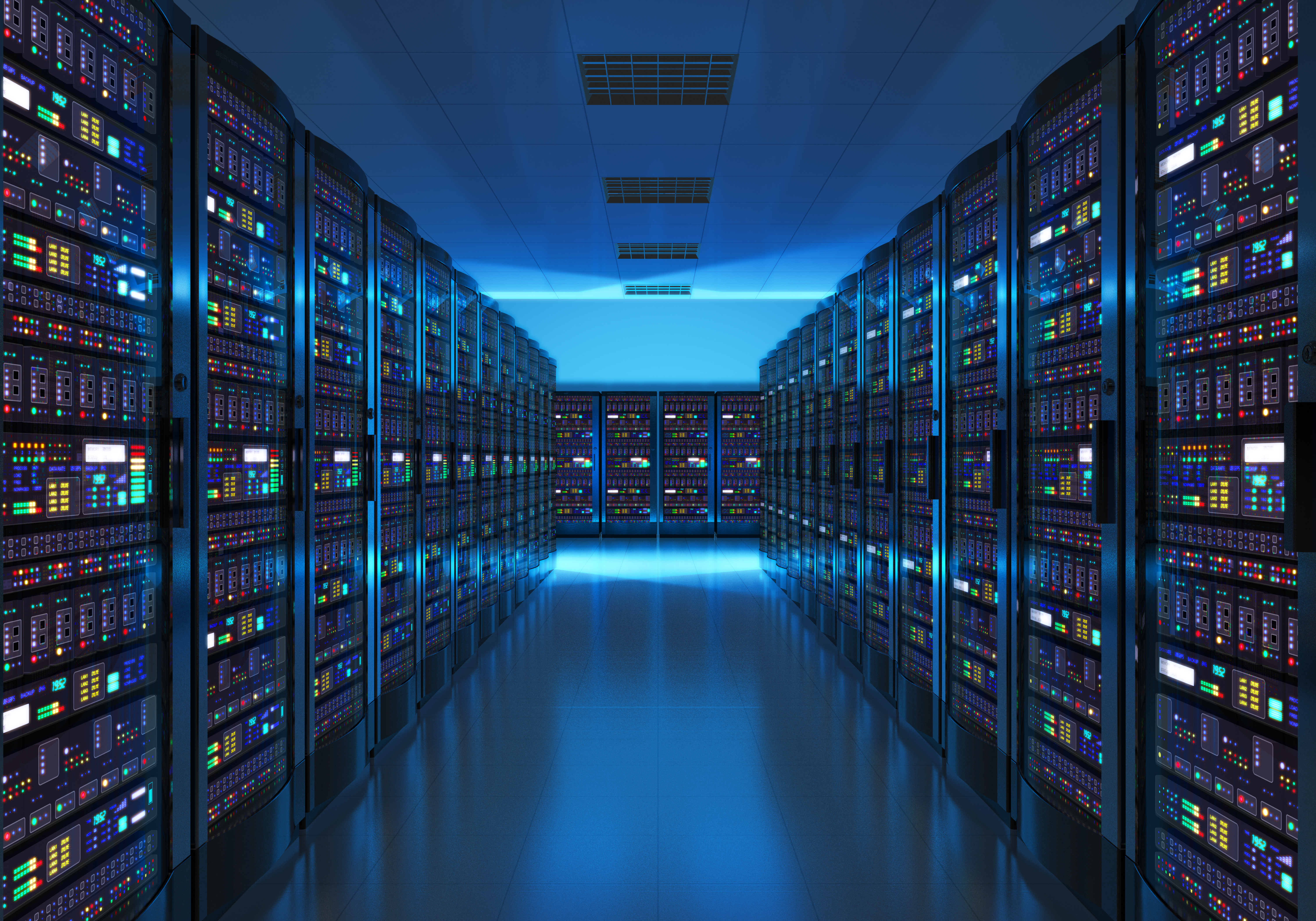
There are many reasons to switch to a colocation partner. Maybe your current data center has become too expensive to upgrade, or you don’t have enough space or power. Regardless of your organization’s needs, collocating with a data center can be very beneficial, especially for companies who might not be in a position to build and maintain their own data facilities. However, switching to a colocation data center requires careful consideration. Here are some things to look for when choosing a colocation data center.
Where is it located?
Choosing a colocation facility that is in a relative location to your organization is definitely a plus. The closer you are to your data center, the less time and travel it will take your IT team to facilitate the move, as well as manage your infrastructure.
If your organization’s infrastructure isn’t as hands-on or location isn’t as important to you, it’s wise to choose a colocation data center that provides services like smart hands or onsite technical support, that way you can manage your IT remotely.
Does it have enough space, or allow for growth?
The next step is to find out how much space and growth they allow for. Depending on the size of your infrastructure, you’ll want to look for a facility that has enough space to house your existing equipment. Additionally, the space should account for growth. A center that allows room for growth means that in the future you won’t have to worry about network runs to scattered cabinets, or a costly move to a different facility.
How Does Their Network Function?
It seems obvious that a data center would have a strong network, but it’s important to ask a few questions before making assumptions:
-
-
- Do they own and operate their own network?
- Do they have a choice of carriers, or are you going to be locked into their available providers?
- What capacity and throughput can they offer?
- Do they have multiple locations and high-speed capacity for disaster recovery?
-
Data Center Operating Requirements
Now that you’ve determined some of the logistics of your colocation data center, you’ll want to find out more about how they operate. Colocation contracts run from about three to five years, so you want to make sure your decision will be worth the long term.
Do they provide secure, reliable power?
A data center must have secure, reliable power to manage your data. Your provider should also be able to power and cool the density of your infrastructure at no additional cost. You’re going to want to figure out how they have designed, implemented and maintained their power and physical security to be a reputable host.
It’s recommended to visit your data center to get a tour. This gives you the opportunity to ask questions and get a better feel for their physical security and operations in general.
Other Considerations
There are some other factors to consider when making a final decision for a colocation data center. Organizations looking to move infrastructure in the first place means there is the possibility for growth, and technology is always changing so it’s good to have options for the future. Here are a few more questions to consider before making a final decision:
-
-
- Do they provide additional capabilities such as multiple data centers?
- Do they offer cloud and managed services?
- Do they offer connectivity to carrier exchanges, public cloud providers and SaaS solutions?
-
Why Choose Cloudsmart Colocation?
We are a SOC II certified data center who focuses mutually on security and innovation, with the understanding they are both equally important in protecting data and services from cyber threats. Along with fortified controls and security, our customers appreciate the exceptional local support they receive from the Cloudsmart technical team. For over 25 years our customers rely on our fortified methodology, innovative technology and exceptional local support.
{{cta(‘6fa6867a-6dd9-4f40-821f-98b9c14b3115′,’justifycenter’)}}



